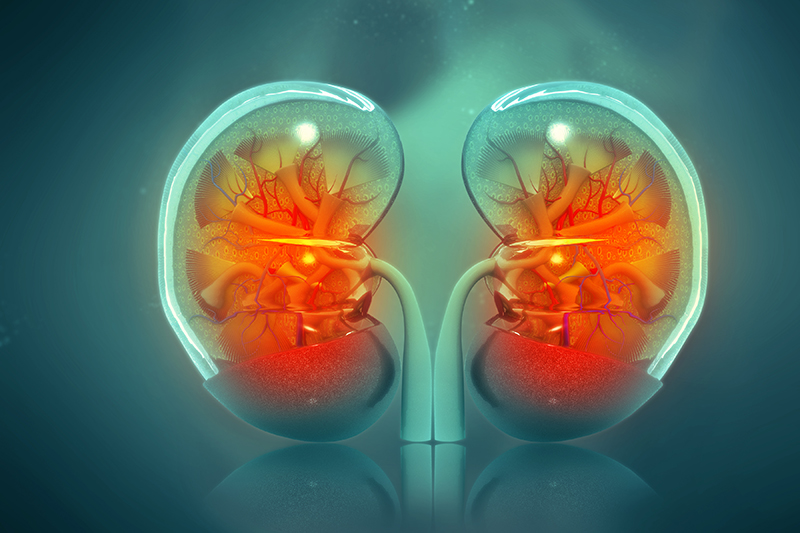Michael Fu part of NSF project to improve kidney transplant access and decision-making
Kidney transplantation is the definitive, gold standard treatment that provides the best quality of life for end-stage renal disease patients. The treatment, however, is not accessible to many due to constraints such as blood type or human leukocyte antigen tissue type incompatibility between transplant candidates and their kidney donors. In addition, renal patients in low socioeconomic communities are particularly underserved. Professor Michael Fu (BMGT/ISR) hopes to improve patient access to and options for kidney transplants through his participation in a new, four-year NSF Smart and Connected Health grant funded at close to $1 million. The goal of Optimal Desensitization Protocol in Support of a Kidney Paired Donation (KPD) System is to enhance the transplant system by combining a personalized antibody removal regimen known as “desensitization” into a kidney paired donation (KPD) system, improving both access and decision-making. This five-institution project is led by Naoru Koizumi at George Mason University. Koizumi’s $677,361 share of the project includes two co-PIs, Chun-Hung Chen and Hadi El-Amine, as well as participation by the George Washington University Transplant Institute and the Virginia Commonwealth University Health Hume-Lee Transplant Center. Fu and the University of Maryland receive a $159,704 share of the funding, while the University of Louisville’s Monica Gentili is being given $159,701 for her portion of the research. To overcome the problems of incompatibilities in organ donation, the transplant community has been exploring new ideas. Two of these are kidney paired donation (KPD) and desensitization. KPD allows patients with a willing—but incompatible—living donor to swap their incompatible donor with a more compatible donor who also is in the KPD donor-patient pool. Desensitization is a medical procedure that removes antibodies from transplant recipients’ bloodstreams prior to surgery to reduce the risk of potential rejection of a transplanted kidney. There are limitations to both of these schemes, but prominent transplant experts believe combining them could be beneficial. In the proposed combined system, in addition to swapping donors, patients would have the additional option of undergoing a personalized desensitization therapy that could significantly increase their likelihood of a match. The system will incorporate three modules. For the first module, Koizumi, Chen and El-Amine at George Mason University will build an optimization strategy to identify the best personalized protocol for desensitization. For the second, Gentili at the University of Louisville will develop improved robust/stochastic optimization methods to integrate desensitization therapy into KPD matching. At Maryland, Fu will work on the third module, developing a decision-support tool to help individual patients decide whether to accept an offered kidney, which could be one that is compatible but of relatively poor quality or one requiring the desensitization regimen, or to wait for a better kidney offer. All the researchers will work together to develop stochastic simulation and optimization-based algorithms for matching donors and recipients in a new combined system. Their final integrated dynamic stochastic simulation-optimization model will incorporate the three modules, and include suggested paired matchings from combinatorial and simulation optimization algorithms, realized matchings based on simulated patient behavior, and statistical estimates of key performance system metrics. In the final year of the project, the team will tailor the algorithms for two transplant centers interested in developing a joint local KPD exchange: the George Washington University Transplant Institute in Washington, D.C., and the Virginia Commonwealth University Health Hume-Lee Transplant Center in Richmond, Va. “We believe our data-driven integrated dynamic stochastic simulation-optimization model will help to match kidney donors and transplant candidates in a kidney paired donation system where desensitization is a viable option,” Fu says. “We really hope to improve the quality of life of end-stage renal disease patients through this project, and we especially want to reach low socioeconomic communities that are currently drastically underserved."
Related Articles: October 20, 2021 Prev Next |


